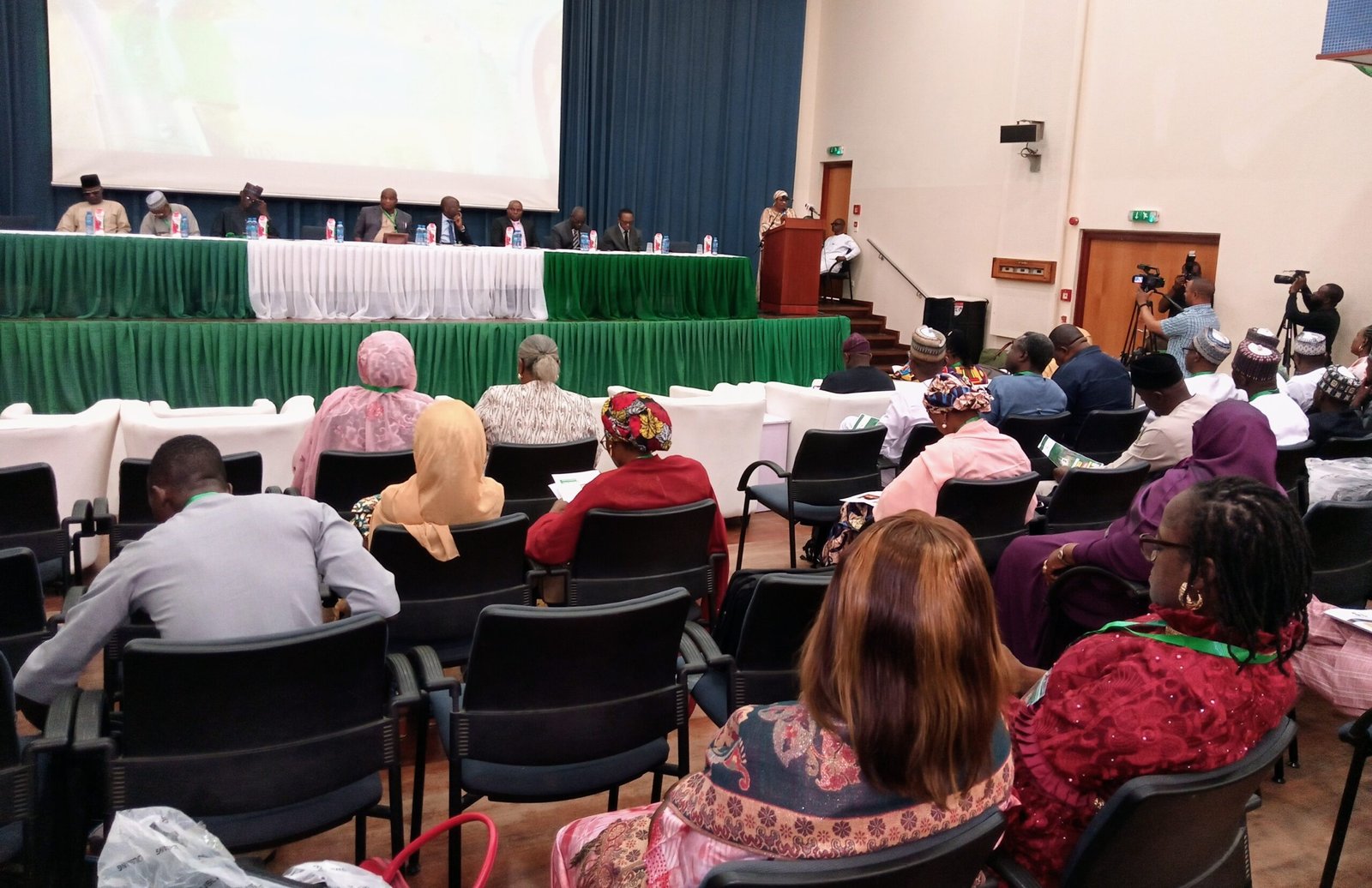By Philip Yatai
The Nigerian Institute of Town Planners (NITP) on Wednesday, attributed part of the distortion of the Abuja Master Plan to abuse of Geographic Information System (GIS).
The National President of the Institute, Mr Nathaniel Atebije, stated this in Abuja, during the 2023 Town Planners Day, organised by the Federal Capital Territory (FCT) chapter.
Atebije said that the FCT was the first to deploy GIS for urban planning and city management in Nigeria, adding, however, that it was abused to cause several distortions to the masterplan.
GIS is computer system that analyses and displays geographically referenced information and uses data attached to a unique location.
The president said that the deceit of foreign experts to the country’s policy makers about GIS as supreme in the business of town planning must be arrested.
“Especially those who come in the name of deploying GIS to generate funds for states and end up usurping the functions of physical planning.
“Over time, this mis-information was spread around the country and many states have fallen victims,” he said.
He described GIS as a “tool that planners use for their services” and not an end itself, adding that it was a misnomer for a tool to be more important than its user.
He noted that in some cases, planning projects were given to foreign consultants by policy makers, and they end up producing fanciful and mind-blowing plans.
Such plans, according to him, do not meaningfully relate with the environment and the capacity of the government to deliver.
“I, hereby, call the attention of policy makers to the fact that we have come of age professionally; only a few issues may require consultation with foreign experts.
“These may only relate to the technology of plan production rather than conception.
“We, therefore, call on governments at all levels to engage indigenous consultants to provide services in various aspects of planning and implementation logistics,” he said.
According to him, policies, programmes, and plans are reduced to ordinary story books when they are not implemented, while implementation becomes an uphill task when they are not strategic.
“This has been the bane of planning and implementation in Nigeria.
“In some cases, plans seem to have utopian ideals, hence they do not respond to the immediate circumstances of their target beneficiaries.
“At other times, our strategies do not consider our strength of technology, nor funding possibilities, political will, manpower requirements and other critical factors.”
He also pointed out that the time for planning for the people was long gone, adding the current trend, “is to plan with the people, thereby encouraging inclusiveness.”
Earlier, the Chairperson of the FCT chapter, Ms Lami Ayuba, said that the theme, “Strategies for Implementation of Physical Development Plans in the FCT”, was to create sustainable, well-planned, and resilient urban spaces.
Ayuba said that the FCT serves as a focal point for urban development in Nigeria, adding that effective implementation of physical development plans was pivotal.
This, according to her, will ensure that the communities that were built were not only functional but also aesthetically, pleasing, and conducive to the well-being of citizens.
“Our discussions throughout this event will delve into the strategies, challenges, and innovations that can help us bridge the gap between planning and execution,
“This will help in transforming our plans into tangible developments that benefit the people we serve,” she said.
The Chairman of the event, Mr Shehu Hadi, Executive Secretary, Federal Capital Development Authority, said that the FCT Administration has been working tremendously in collaborative planning.
Ahmad, who was represented by Mr Yahaya Abubakar, Director, FCT Urban and Regional Planning Department said that the FCTA was achieving this by engaging relevant stakeholders.
“The stallholders are engaged from the early stages of planning to ensure that diverse perspectives were considered and accommodated.
“The Administration has been pursuing these and other collaborative strategies, to make stakeholders synergize and work collectively towards achieving quality and realistic physical development plans.” he said. (NAN)
Edited by kemini Ladejobi













Well documented. Town planners in the circumstances of competing with other professionals in the efforts to build a safe and better living environment for all, must be seen to live with integrity .
blaming the “tool”(GIS) for the lack of timely adoptation of modern geospatial technologies by trend-insensitive myopic stakeholders and the general negligence in engaging policy makers with propositions on implementing strategic capacity building and awareness in practical deployment of up to date geoinformation .😒
they still might not get it right if they continue to indulge in anachronistic technophobia